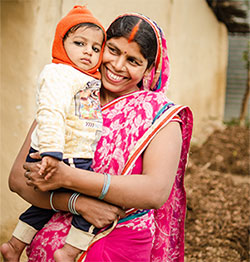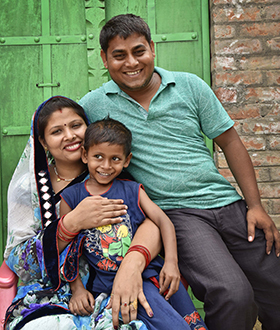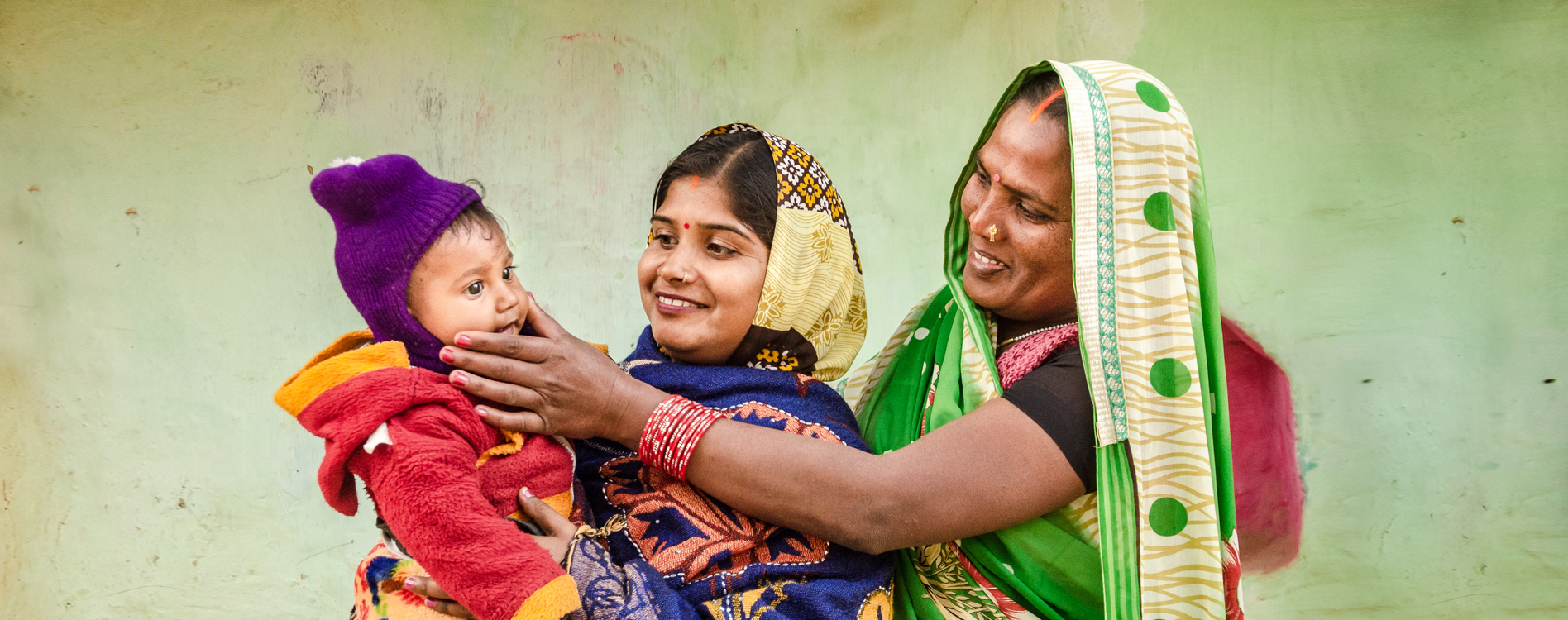Empowering Midwifery: Bridging Gaps in Maternal Healthcare in India
Healthcare in India reflects a multifaceted challenge stemming from systemic deficiencies and resource limitations. The healthcare infrastructure, particularly in rural areas, remains insufficient, hindering access to quality services for a significant portion of the population. A critical concern is the shortage of healthcare professionals, including doctors, nurses, and support staff, with rural areas being disproportionately affected.
In the realm of maternal healthcare,over the last two decades, India's Maternal Mortality Rate (MMR) has significantly decreased to 97 per 100,000 live births but despite progress, India contributes 15% to the global burden due to disparities. To meet SDG targets, accelerated and sustained progress is crucial. midwifery emerges as a beacon of holistic support, encompassing both physical and emotional well-being throughout the journey of pregnancy, childbirth, and beyond.
However, despite its crucial role, the landscape of midwifery in India faces significant challenges, ranging from shortages in skilled professionals to gaps in regulatory frameworks.
Let's delve into the world of midwifery, exploring its potential to revolutionize maternal healthcare in India and beyond.
What is midwifery

Midwifery, at its core, embodies the art and science of supporting women through pregnancy, childbirth, and the postpartum period.
Midwives are trained professionals equipped to provide comprehensive care, focusing on promoting natural birthing processes while ensuring safety and well-being for both mother and child.
How will midwifery serve India
In India, the soaring rates of maternal mortality and morbidity highlight the pressing need for enhanced maternal healthcare services.
Despite the critical role midwives play, there exists a glaring shortage of skilled professionals in the field. This deficit exacerbates disparities in access to quality care, particularly in rural and underserved areas.
Acts and Laws for Midwives in India: What is the midwifery Act 2023?
To address the challenges and ensure standards of care, regulatory frameworks such as the Nursing Council Act and the Indian Nursing Council Act govern the practice of midwifery in India.
The National Nursing and Midwifery Commission ("National Commission"), to be established by the Central Government under the NNMC, would have 29 members, including the Chairperson, sixteen ex officio members, and twelve members.
These laws set forth guidelines for education, certification, and practice, aiming to uphold the integrity and professionalism of midwives.
What will midwives do?
Midwives possess the potential to revolutionize maternal healthcare by offering personalized, woman-centered respectful care that prioritizes informed choice and empowerment.
An all-inclusive package of midwifery services, which includes family planning, can prevent 83% of maternal, stillbirth, and neonatal fatalities.
Beyond the immediate cost savings from better short-term clinical outcomes and fewer interventions, training midwives to international standards also provides financial advantages. It will be equally beneficial for Indian nurses to choose midwifery as an advanced practice specialty.
Their expertise in promoting natural birthing processes, coupled with compassionate support, can mitigate unnecessary interventions and improve maternal and neonatal outcomes.
Global Position of Midwives: Advocates for Maternal Health Worldwide

The majority of expectant and new mothers in high-income nations like the United Kingdom, Sweden, Norway, and France have their births attended by midwives, freeing up obstetricians to focus on high-risk deliveries.
Midwives in Canada and New Zealand are considered to be so skilled that they are able to handle complicated instances.
Compared to India, these nations have far lower rates of maternal and neonatal death. Their use of midwifery services results in lifesaving.
Beyond borders, midwives hold a revered position as champions of maternal health on the global stage.
Organizations like the International Confederation of Midwives advocate for the recognition and advancement of midwifery as a fundamental pillar of healthcare systems worldwide, promoting evidence-based practices and collaboration among professionals.
Indian Institutes Offering Courses on Midwifery
In India, the Government of India launched the guidelines on Midwifery Services Initiative in 2018. As per the guidelines, there are two postgraduate midwifery education programmes- Nurse Practitioners in Midwifery (NPMs) and Nurse Practitioner in Midwifery Educators (NPMEs).
There are National Midwifery Training Institutes (NMTIs) established for the training of NPMEs and State Midwifery Training Institutes for the training of NPMs.
The duration of the courses for both these cadres is 18 months.
Eligibility and Opportunities: Who Can Apply for Midwifery Courses?
Individuals with a passion for maternal healthcare and a background in nursingare well-suited to pursue courses in midwifery.
Eligibility criteria vary for both the cadres and can be accessed at:
https://www.indiannursingcouncil.org/uploads/pdf/1696415734794341278651d3ff68ecc4.pdf and
https://www.indiannursingcouncil.org/uploads/pdf/161483535512250913760406e9bb73ba.pdf
Career after graduation for Midwives

Upon completing midwifery courses, graduates can embark on diverse career pathways, including roles in hospitals, birthing centers, community health settings, and advocacy organizations.
Additionally, opportunities for specialization, research, and leadership abound, allowing midwives to make a lasting impact in the field of maternal healthcare.
In conclusion, midwifery stands poised to reshape the landscape of maternal healthcare in India, offering a holistic and woman-centered approach that prioritizes safety, empowerment, and informed choice. By addressing shortages in skilled professionals, enhancing regulatory frameworks, and fostering collaboration, we can harness the transformative potential of midwifery to ensure healthier outcomes for mothers and babies across the nation.

